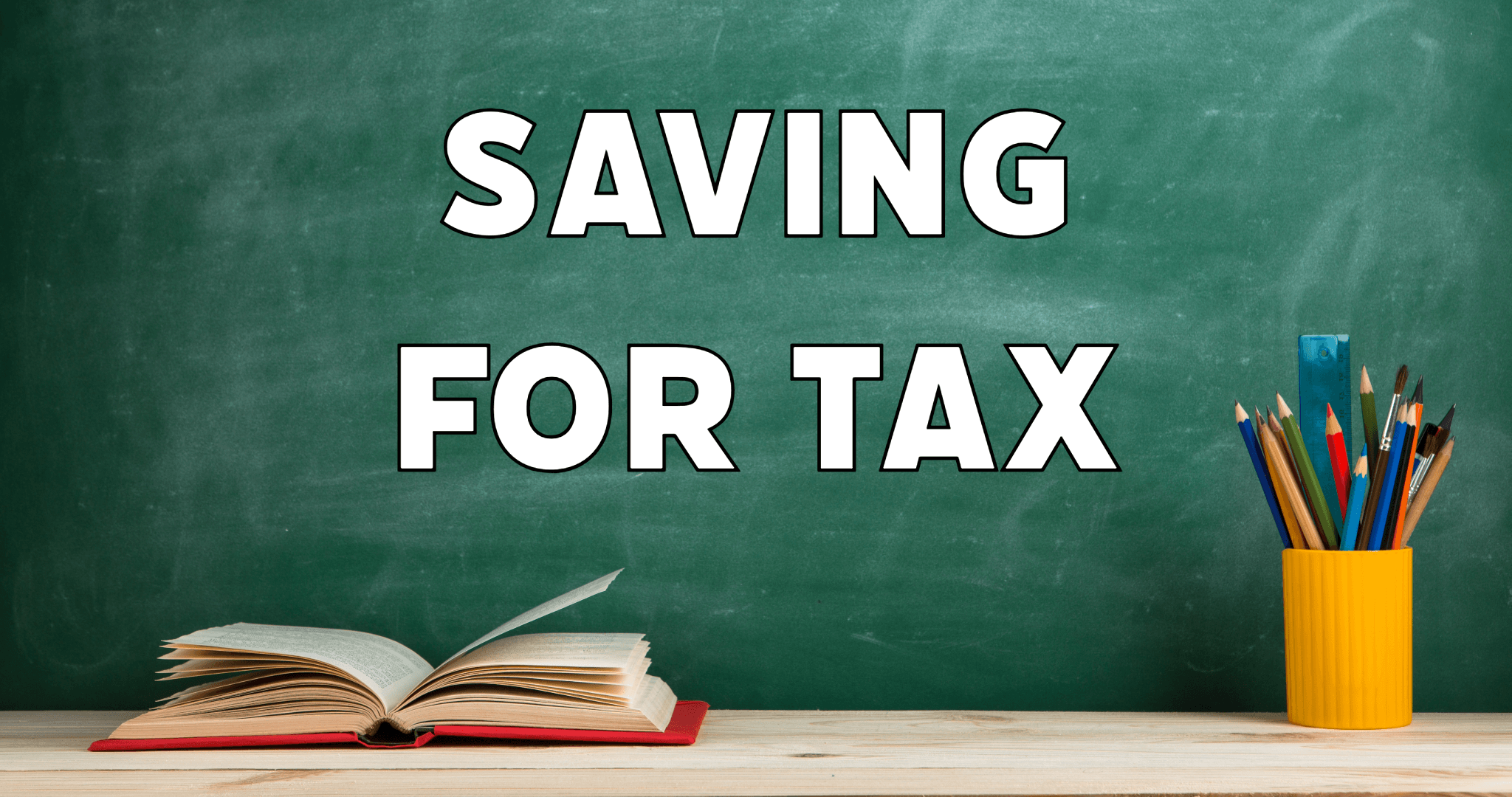Saving For Tax
Posted by Emma on 22nd Apr 2024 Reading Time:
Managing taxes efficiently is crucial for both limited companies and sole traders. A proactive approach to saving for taxes ensures compliance and enhances financial strategy. For limited companies, a key aspect of this strategy is understanding corporation tax. This knowledge empowers you to plan effectively, as the tax rate from 1 April 2023 is directly linked to your profits. Companies earning over £250,000 face a 25% tax rate, while those with profits of £50,000 or less benefit from a 19% rate.

Profits between these thresholds are taxed at a tapered rate. By setting aside the correct percentage of your profits monthly, you're taking control of your financial future and ensuring you're prepared to pay HMRC nine months after fiscal year-end. Use HMRC's free calculator to estimate your tax liabilities accurately, including potential marginal relief.
For sole traders, the tax situation is more complex, with rates ranging from 0% to 45% and, in Scotland, up to 47%. National Insurance also varies. A general rule is to save about one-third of your profits to cover your tax bill. This accounts for both self-employment taxes and payments on account - advanced payments made twice yearly that can initially seem daunting but are manageable with diligent saving.
Particularly in your first year of self-employment, you may need to make substantial advance tax payments. For example, suppose your taxable profit in your first year is £50,000. In that case, your initial tax and National Insurance might total approximately £11,975.80, due by 31 January. Plus, you'll simultaneously owe another 50% of your next year's estimated tax and another 50% by 31 July.
Keeping accurate financial records is not just a good practice, it's a crucial step in preparing for tax payments efficiently. It's your responsibility as a business owner to avoid penalties and make informed decisions about your business finances. By completing your tax returns promptly, you're demonstrating your diligence and allowing yourself to adjust payments on account if your tax liability decreases, offering potential cash flow advantages.
Please share your experiences or questions about tax planning in the comments below. Your insights and interactions help us all grow as informed business owners.

